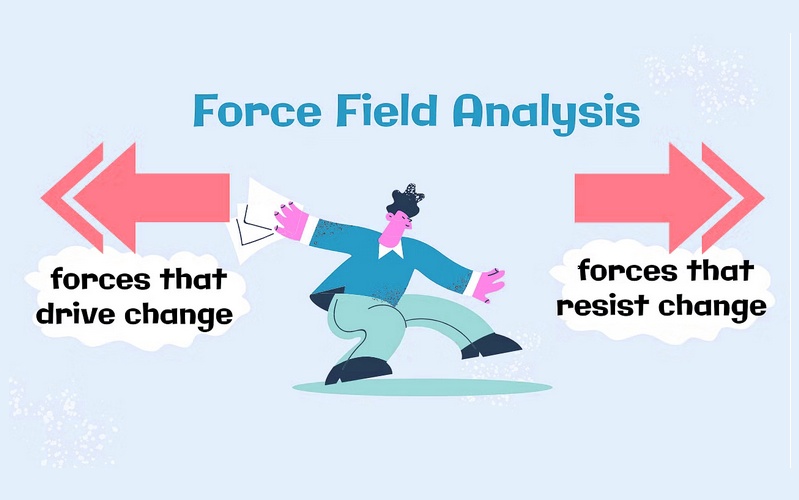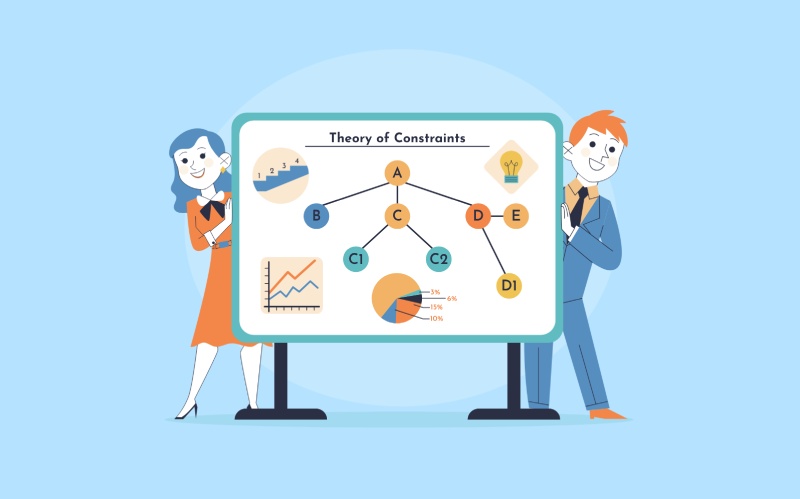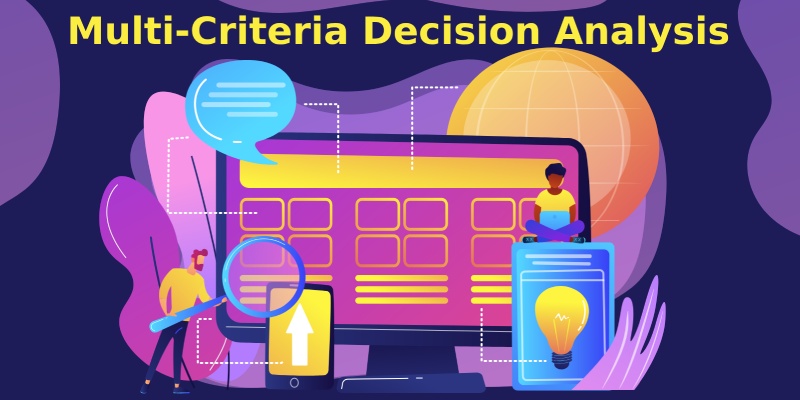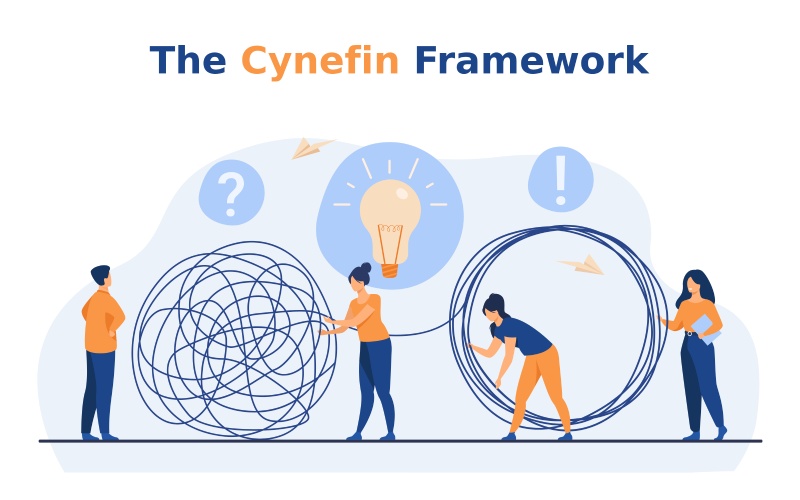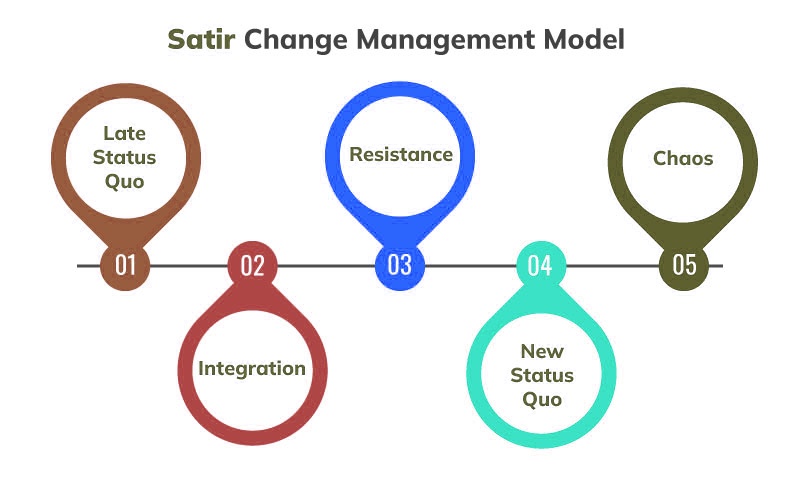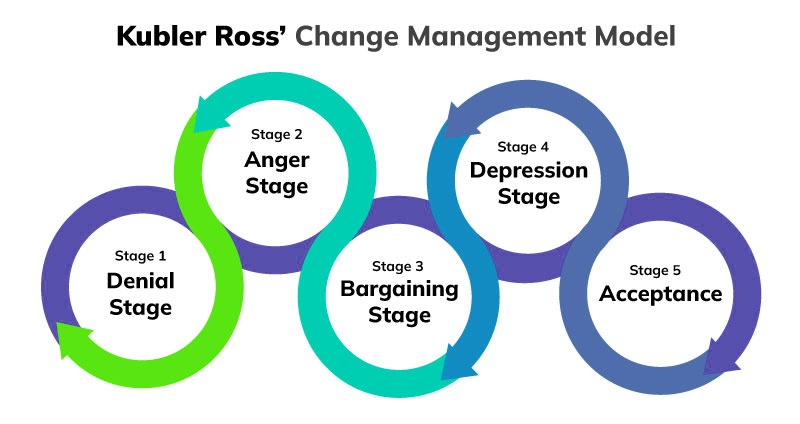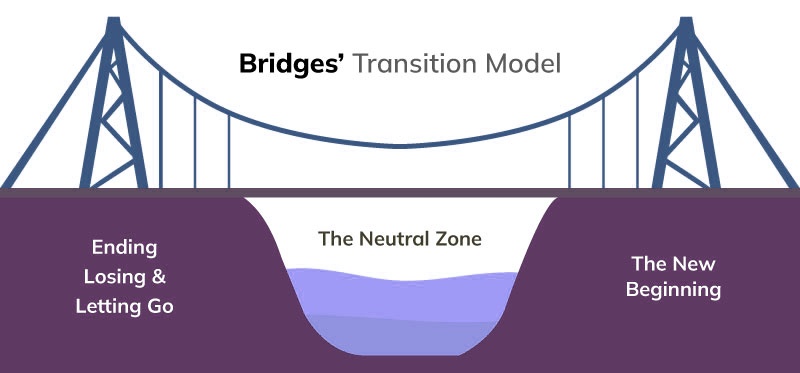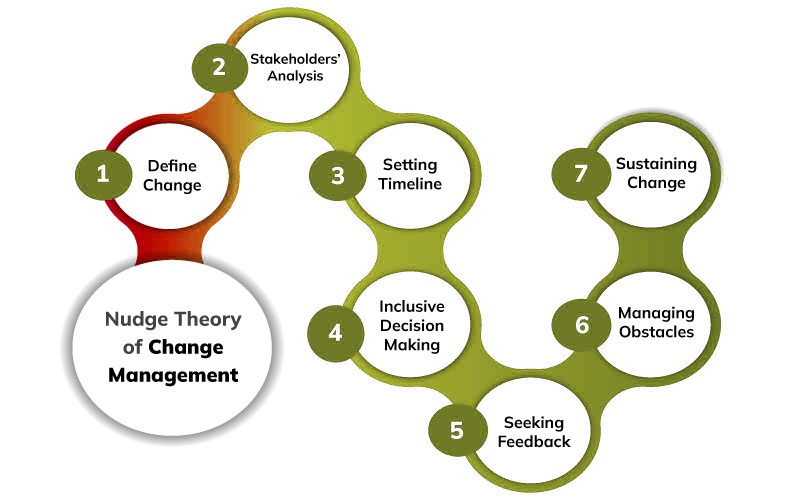Overview
In the realm of decision-making, tapping into the collective wisdom of experts can yield valuable insights and forecasts. The Delphi Method, a structured communication technique, facilitates consensus-building and forecasting by soliciting input from a panel of experts in a systematic and iterative manner. In this blog, we'll delve into the intricacies of the Delphi Method, exploring its principles, process, and applications across various domains.
Table of Contents
Understanding the Delphi Method
The Delphi Method, developed in the 1950s by RAND Corporation researchers Norman Dalkey and Olaf Helmer, is a structured approach to decision-making and forecasting. It aims to achieve consensus among a panel of experts on complex issues by soliciting their opinions anonymously through a series of rounds of questionnaires or surveys. The method is based on the premise that collective input from experts, combined with iterative feedback, can lead to more accurate predictions and informed decisions.
Key Components of the Delphi Method
Expert Panel: The Delphi Method involves assembling a panel of experts who possess relevant knowledge and expertise on the topic under consideration. Experts may come from diverse backgrounds, disciplines, or organizations, ensuring a broad range of perspectives.
Anonymity: Anonymity is a central feature of the Delphi Method, as it allows experts to express their opinions freely without fear of bias or influence from other panel members. Responses are typically collected and aggregated by a facilitator who maintains the anonymity of individual participants.
Iterative Process: The Delphi Method employs an iterative process consisting of multiple rounds of questionnaires or surveys. In each round, experts are asked to respond to a set of questions or prompts, review aggregated feedback from previous rounds, and revise their responses based on the collective input.
Feedback and Consensus Building: Throughout the Delphi process, participants receive feedback on their responses in the form of summary statistics, distributions, or qualitative insights. This feedback helps participants understand areas of agreement, disagreement, or uncertainty, facilitating consensus-building over successive rounds.
Controlled Communication: Communication within the Delphi Method is controlled and structured to prevent bias or groupthink. Participants are encouraged to focus on the substance of the issues at hand rather than on interpersonal dynamics or hierarchical influences.
Steps of the Delphi Method
Panel Selection: Identify and recruit a diverse panel of experts with relevant knowledge and expertise on the topic of interest.
Round 1 - Initial Questionnaire: Administer an initial questionnaire or survey to the expert panel, soliciting their opinions, forecasts, or judgments on the topic under consideration.
Feedback and Iteration: Aggregate and analyze the responses from Round 1, providing summary statistics or qualitative insights to the panel. Participants are then asked to review the feedback and revise their responses based on the collective input.
Subsequent Rounds: Repeat the process of questionnaire administration, feedback provision, and response revision for multiple rounds until consensus or stability is reached among the panel.
Analysis and Interpretation: Analyze the final set of responses to identify areas of agreement, divergence, or uncertainty among the experts. Synthesize the findings to inform decision-making, planning, or forecasting processes.
Applications of the Delphi Method
Forecasting: The Delphi Method is commonly used for long-term forecasting in various fields, including technology, healthcare, economics, and public policy. It helps organizations anticipate future trends, risks, and opportunities by aggregating expert opinions and insights.
Policy Development: Policymakers and government agencies use the Delphi Method to gather input from experts on complex policy issues, such as climate change, public health, or national security. It facilitates evidence-based decision-making and consensus-building in policy development processes.
Technology Assessment: The Delphi Method enables technology assessment and evaluation by soliciting feedback from experts on the potential impacts, risks, and ethical considerations associated with emerging technologies.
Strategic Planning: Organizations employ the Delphi Method in strategic planning processes to gather input from stakeholders and experts on future scenarios, market trends, and competitive dynamics. It helps inform strategic decision-making and risk management.
Significance of the Delphi Method
Expert Consensus: The Delphi Method enables the synthesis of expert opinions and judgments, leading to consensus or convergence on complex issues where uncertainty prevails.
Risk Reduction: By aggregating diverse perspectives and insights, the Delphi Method helps reduce uncertainty and mitigate risks associated with decision-making in uncertain or volatile environments.
Structured Communication: The Delphi Method provides a structured and controlled communication platform for experts to share their knowledge and expertise without being influenced by interpersonal dynamics or biases.
Informed Decision-Making: The insights and forecasts generated through the Delphi Method inform decision-makers, policymakers, and planners, enabling them to make more informed and strategic choices.
Conclusion
In conclusion, the Delphi Method stands as a valuable tool for harnessing collective wisdom and expertise to inform decision-making, forecasting, and planning processes. By leveraging the anonymity, iterative feedback, and structured communication inherent in the Delphi approach, organizations can navigate uncertainty, anticipate future trends, and make more robust decisions in an increasingly complex world.






